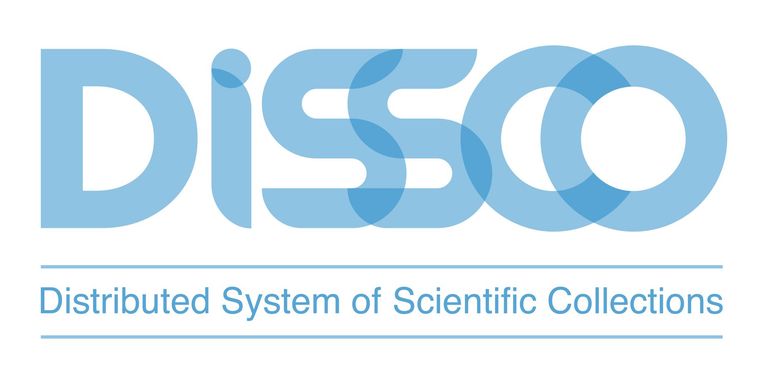Sammlungen und Datenbanken
Sei es als Ganztierpräparat oder nur als Fell, konserviert in Alkohol, als Gewebe- oder DNS-Probe, als gepresste Pflanze in einem Herbarium, oder tiefgefroren in einem Kunststoffröhrchen, biologische Sammlungen sind äusserst wertvoll und unabdingbar für systematisch arbeitende Biologen. Sie bilden das Fundament für unsere wissenschaftlichen Untersuchungen, und in ihrer Bedeutung kommen sie gleich nach den lebenden Organismen in der Natur.
Dieser ausserordentliche Wert von Sammlungsmaterial wird leider nicht immer gebührend erkannt. Es sind zu viele Fälle bekannt, wo unersetzbare Sammlungen verloren gingen, oder unwissentlich zerstört wurden.
Die Natur ist überall in Bedrängnis, Arten gehen verloren, so dass von ihnen oft nur noch Exemplare in Museumssammlungen als letztes Zeugnis ihrer Existenz verbleiben.
Wir müssen uns daher für die Zukunft von Sammlungen einsetzen und die Öffentlichkeit von ihrer Bedeutung überzeugen. Wir sind verpflichtet, die Sammlungen zu erhalten und soweit möglich zu ergänzen und vervollständigen.

DissCo - Distributed System of Scientific Collections
DiSSCo is a new pan-European Research Infrastructure initiative of 21 European countries with a vision to position European natural science collections at the centre of data-driven scientific excellence and innovation in environmental research, climate change, food security, one health and the bioeconomy.
Michelle Price, chair of the CETAF, presented this initiative during the SSS-Day in Fribourg, on November 2017
Access and Benefit Sharing and Nagoya Protocol
Members of the CETAF, the Consortium of European Taxonomic Facilities, have committed to follow this Code of Conduct and wish to make this important tool available for all other institutions dealing with biological material that needs to be accessed.